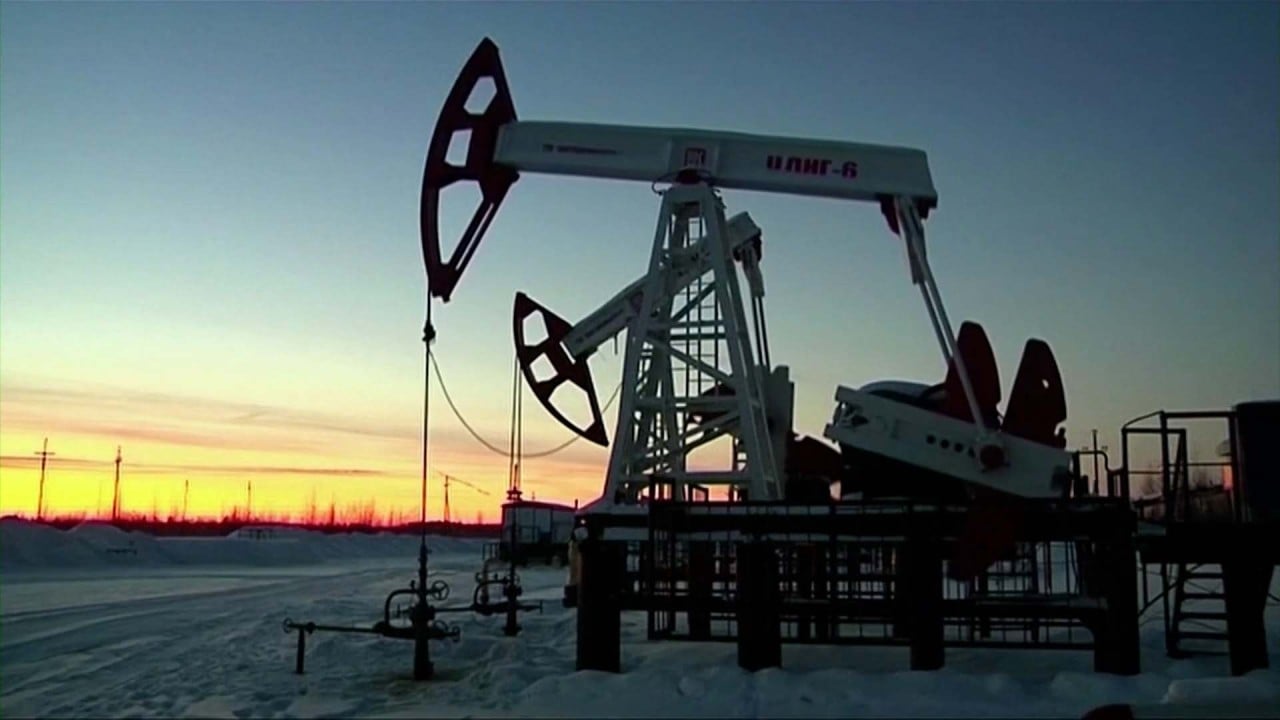
‘Not just oil and cash’: from Riyadh to Abu Dhabi, Arab rulers get tough on regional aid amid rising influence
- Gulf monarchies have grown tired of being used as a doormat by so-called allies in the West, and have adapted their policies and resources
- Their influence can be seen with recent cut in oil production by Opec+, as well as Qatar’s World Cup and its ambitions to buy Manchester United
Not unlike criminal protection rackets, these transactional geopolitical relationships command obscene prices and have proved highly unreliable.
Central Asia and Gulf states are key battlegrounds in China’s cyberspace bid
When the US and its allies came to the sheikhs’ rescue, the bills began to mount. In fact, it’s fair to say that without Gulf Arab defence purchases since the 1990s, some of the mainstays of Western military power – such as the advanced block 50/52 version of the F-16 warplane – may never have made it beyond the drawing board.
None of this, however, bought the Gulf Arabs “respect”.
They are still viewed with disdain by their Western protectors’ politicians and media.

The Gulf Arab states have endured similarly bittersweet relationships with their regional allies.
Ramadan gets even hungrier in Pakistan as food inflation bites, debt woes mount
Instead, Gulf money was abused by rentier elites whose massive corruption and misgovernance have now driven the economies of Egypt and Pakistan into the ground.
So instead of buying protection, the Gulf Arabs ended up paying to prevent the economic collapse of their unreliable allies.
Meanwhile, Iran’s nuclear programme and region-wide network of proxy militias pose a greater threat than ever to the Gulf monarchies.
Gulf monarchies have grown tired of feeling insecure and being used as a doormat by their so-called allies in the Middle East and the West
So they are adapting their policies and marshalling their trillion-dollar resources accordingly.
Rather, it was a crucial step in wresting control of the oil market from Western speculators trying to profit by shorting the market.
Similarly, Riyadh and others informed their regional allies that there will be no more free money.
Egypt’s state-dominated media initially reacted angrily and nationalistically when the bad news was announced by the Saudi finance minister in January.
But Cairo’s bravado quickly faded once it was forced by the International Monetary Fund to enact extremely painful reforms needed to prevent its economy from imploding.

Pakistan’s Prime Minister Shehbaz Sharif is expected to arrive in Saudi Arabia on April 11 to hold a similar albeit lengthier conversation.
As improbable as it may sound, the Gulf Arab states are in the process of emerging as genuine middle powers
Rather than fearing it, the Gulf Arabs are deeply invested. Saudi Arabia and the UAE have set themselves competing goals of securing 25 per cent of the global renewables market, and their energy companies are working fast with governments and corporations worldwide to achieve these targets.
Forget Qatar’s World Cup, the Gulf wants an Olympics. Will it get one?
As improbable as it may sound, the Gulf Arab states are currently in the process of emerging as genuine middle powers on the global stage.
Their outreach is comparable to that of Emirates airline, the world’s largest long-haul carrier, and DP World, one of the top three port and free-zone operators.
And they are doing so in partnership with all comers while remaining firmly ensconced within the security umbrella provided by the US.
Tom Hussain is a journalist based in Islamabad who has covered South Asia and the Middle East for the past three decades.


